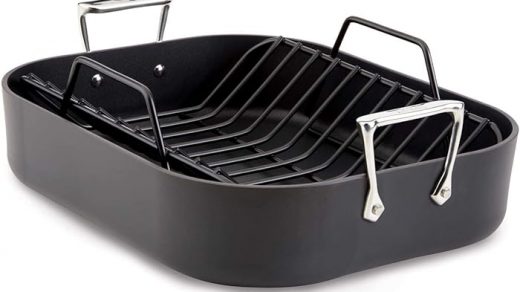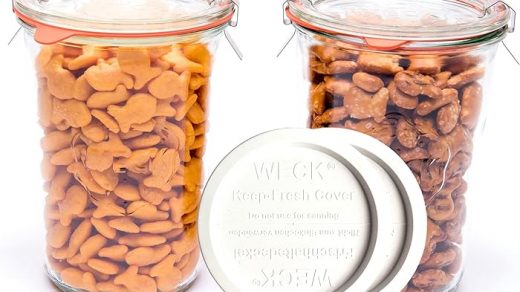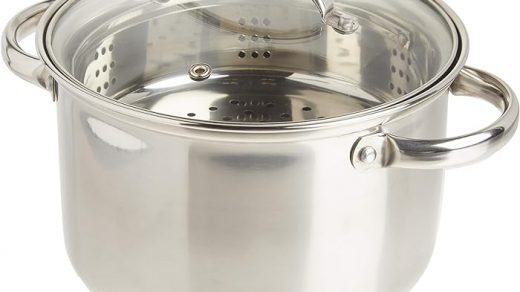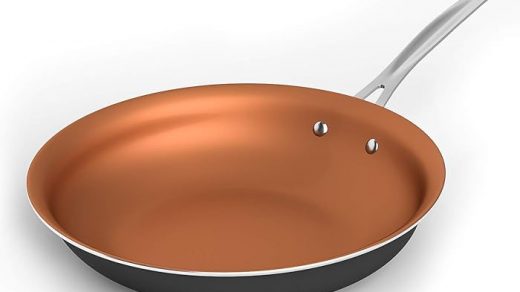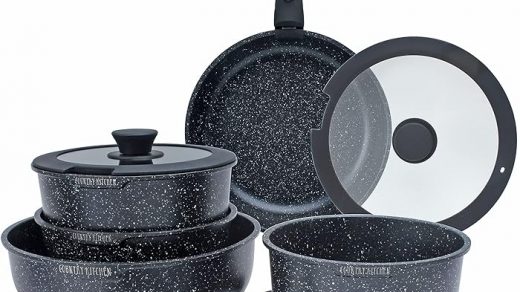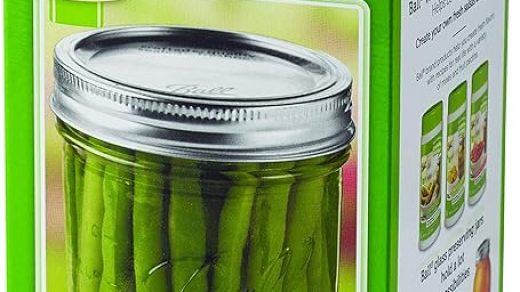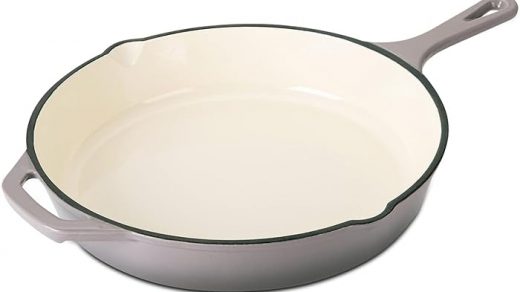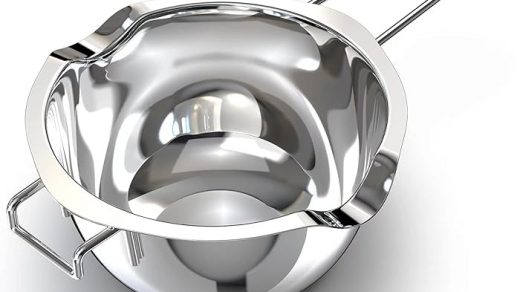Q1: Can I substitute regular plums for preserved plums?
A1: Preserved plums (话梅) are essential for the unique flavor, but if unavailable, you can use regular plums with a bit of added sugar and vinegar for a similar taste profile.
Q2: Is it necessary to use starch for soaking the ribs?
A2: Yes, soaking ribs in starch helps to remove impurities and results in a clearer soup. It also makes the ribs tender.
Q3: Can I skip the sugar caramelization step?
A3: Caramelizing sugar is crucial for the dish’s color and flavor. If you’re not confident, do it over low heat until the sugar dissolves.
Q4: What’s the purpose of cooking the ribs in water with ginger?
A4: This step helps in tenderizing the ribs and infusing them with ginger’s aroma, making the meat more flavorful.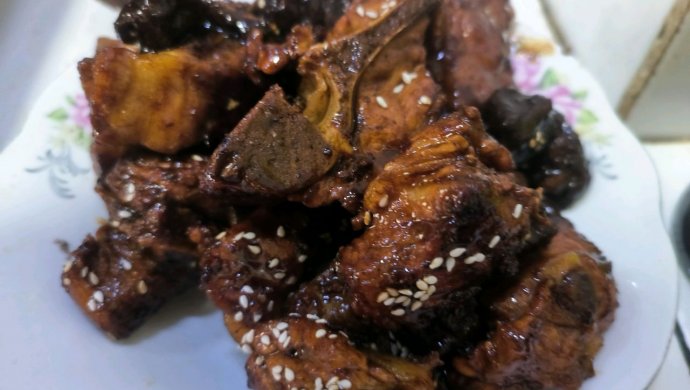
Plum Spare Ribs
Notes
- Spare ribs
- 8 slices of ginger
- Preserved plums (话梅)
- Cornstarch
- 2 tablespoons cooking wine
- Rock sugar
- 1 tablespoon premium soy sauce (味极鲜)
- 2 tablespoons dark soy sauce
- Oyster sauce
- Vegetable oil
- Soak the preserved plums in water for 20 minutes. Do not discard the water.
- Marinate the ribs in a mixture of cornstarch, cooking wine, and water for 20 minutes. Rinse and boil with ginger for 30 minutes. Rinse again in clean water.
- Heat oil in a pan.
- Caramelize the sugar (low heat if necessary).
- Add the ribs and stir-fry until they change color.
- Add the preserved plums and their water.
- Add oyster sauce, premium soy sauce, and dark soy sauce in sequence, stirring well.
- Add enough water to cover the ribs and bring to a boil.
- Stir-fry until the sauce thickens, then remove the ribs.
- Finish with the ribs glazed in sauce.
- Rich in protein from the spare ribs.
- Contains ginger, which has anti-inflammatory properties.
- Preserved plums add unique flavors and some vitamins.
- Dark soy sauce and oyster sauce provide umami and minerals.
